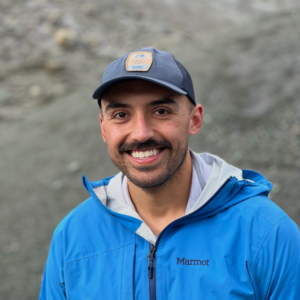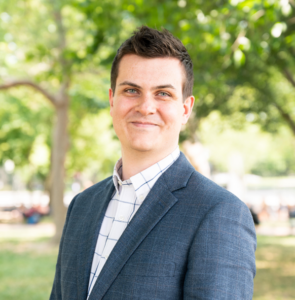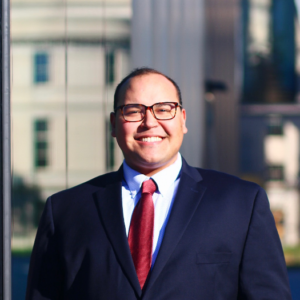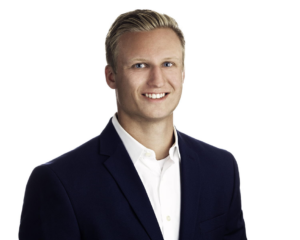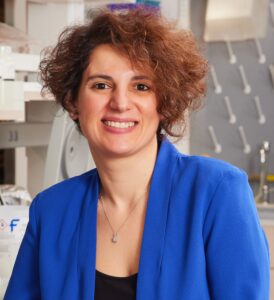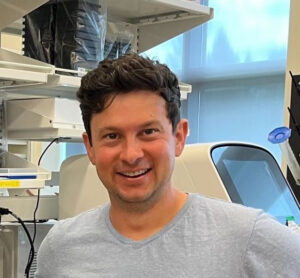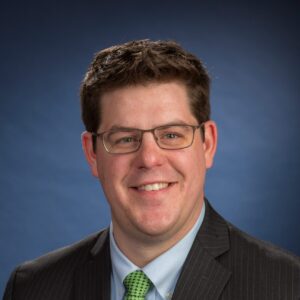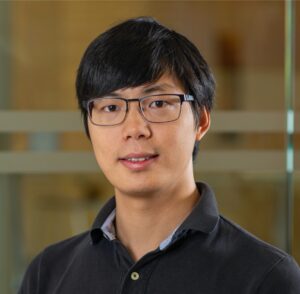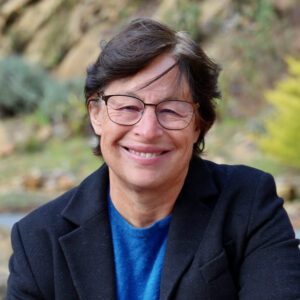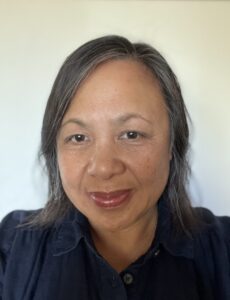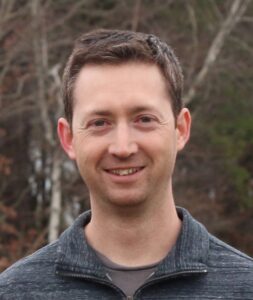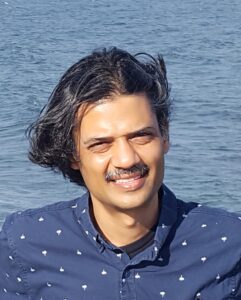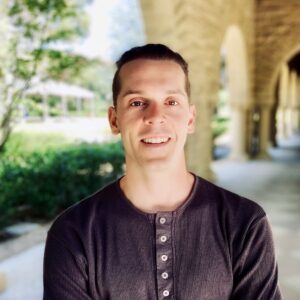Profiles
-
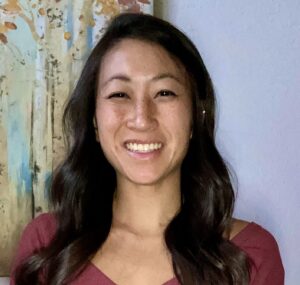
Julietta Sheng
Julietta Sheng is a Science Policy postdoctoral scholar at the Engineering Biology Research Consortium. Prior to EBRC, she was a Junior Fellow at Colorado State University in collaboration with Massachusetts General Hospital – Boston and partnered with bioengineers, clinicians, and academics to enhance evidence-based research, identify scientific challenges, and develop creative solutions. She recently earned her PhD in Biomedical Sciences – Neuroscience from Colorado State University with a focus on sex differences in the brain and body that lead to neuropsychiatric disorders. Outside of work, Julietta likes to play pickleball, read psychological thrillers, and go on long walks with her puppos.
